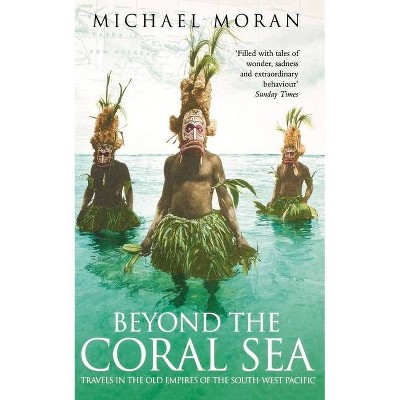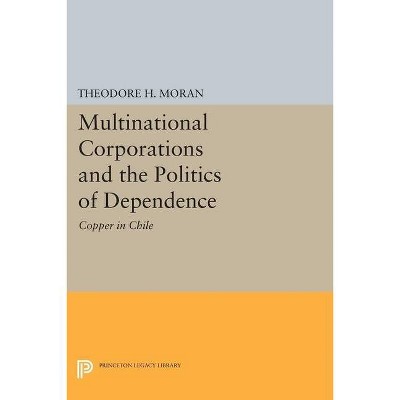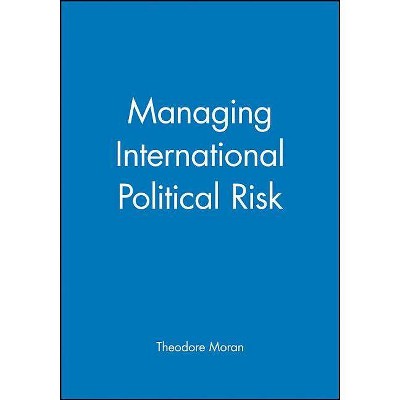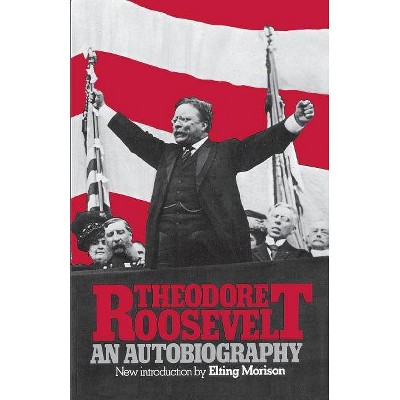Beyond Sweatshops - by Theodore H Moran (Paperback)
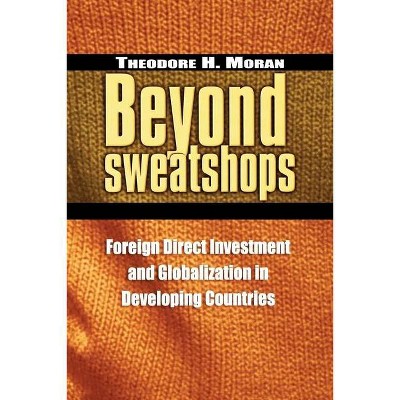
Similar Products
Products of same category from the store
AllProduct info
<p/><br></br><p><b> About the Book </b></p></br></br><p>Images of sweatshop labor in developing countries have rallied opponents of globalization against foreign direct investment (FDI). The controversy is most acute over the treatment of low-skilled workers producing garments, footwear, toys, and sports equipment in foreign-owned plants or the plants of subcontractors. Activists cite low wages, poor working conditions, and a variety of economic, physical, and sexual abuses among the negative consequences of the globalization of industry. In Beyond Sweatshops, Theodore Moran examines the impact of FDI in manufacturing on growth and welfare in developing countries, and explores how host governments can take advantage of the contributions of foreign investment while avoiding the hazards to lower-skilled workers. He traces case studies of countries that have managed to produce steady improvement in worker treatment at plants exporting garments, footwear, and other labor-intensive products. The first part of the book examines multilateral proposals designed to place a floor under the treatment of workers around the world, contrasting a WTO-based system to enforce labor standards with voluntary arrangements, including corporate codes of conduct, certification organizations, and sweatshop free labeling. It explores the pros and cons of adding a living wage requirement to the ILO's core labor standards. The second part of the book presents data that significantly broadens our understanding of FDI. By analyzing the evidence from a variety of developing countries--in Asia, Latin America, and Africa--Moran demonstrates that most FDI goes to industrial sectors that employ trained workers who are not easily exploited. The flow of FDI to plants that produce electronics, auto parts, industrial equipment, chemicals, pharmaceuticals, and medical equipment, paying production workers two to five times more than what is found in lower-skilled operations, is twenty-five times the flow to garment, textile, and footwea<p/><br></br><p><b> Book Synopsis </b></p></br></br><p>Images of sweatshop labor in developing countries have rallied opponents of globalization against foreign direct investment (FDI). The controversy is most acute over the treatment of low-skilled workers producing garments, footwear, toys, and sports equipment in foreign-owned plants or the plants of subcontractors. Activists cite low wages, poor working conditions, and a variety of economic, physical, and sexual abuses among the negative consequences of the globalization of industry. In Beyond Sweatshops, Theodore Moran examines the impact of FDI in manufacturing on growth and welfare in developing countries, and explores how host governments can take advantage of the contributions of foreign investment while avoiding the hazards to lower-skilled workers. He traces case studies of countries that have managed to produce steady improvement in worker treatment at plants exporting garments, footwear, and other labor-intensive products. The first part of the book examines multilateral proposals designed to place a floor under the treatment of workers around the world, contrasting a WTO-based system to enforce labor standards with voluntary arrangements, including corporate codes of conduct, certification organizations, and sweatshop free labeling. It explores the pros and cons of adding a living wage requirement to the ILO's core labor standards. The second part of the book presents data that significantly broadens our understanding of FDI. By analyzing the evidence from a variety of developing countries--in Asia, Latin America, and Africa--Moran demonstrates that most FDI goes to industrial sectors that employ trained workers who are not easily exploited. The flow of FDI to plants that produce electronics, auto parts, industrial equipment, chemicals, pharmaceuticals, and medical equipment, paying production workers two to five times more than what is found in lower-skilled operations, is twenty-five times the flow to garment, textile, and footwear plants. Appropriately designed host country policies can transform the development trajectory of the entire economy. Moran advocates various build-up--rather than trickle down--strategies to enable developing countries to capture the benefits of FDI. He concludes by examining the impact of outward investment on workers and communities in the home economy, investigating evidence about what Ross Perot called the great sucking sound, and asking whether the expansion of foreign investment in the developing world comes at the expense of good jobs and dynamic industries in the developed countries. </p><p/><br></br><p><b> Review Quotes </b></p></br></br><br><P>"The book is really quite good. Moran's style is clear, precise, and extraordinarily well researched and well organized.... [Moran's] style, reminiscent of a well-written judicial decision, allows the reader to feel as though he or she is part of an objective, fact-finding mission with no preconceived answers.... eminently readable, clear, and... interesting." --Alex Robbins, Stanford University, "Stanford Journal of International Relations", 1/1/2003<br><br><P>"The great strength of [Moran's] book is its large quantity of solid, detailed, and up-to-date empirical evidence.... 'Beyond Sweatshops' should be mandatory reading for anyone interested in the reality rather than the rhetoric of globalization." --Guy Pfeffermann, Chief Economist and Director of Econ. Dep., IFC, "Finance & Development", 12/1/2002<br><br><P>"Well written and thought-provoking, Theodore Moran's Beyond Sweatshops offers a comprehensive introduction to critical issues of labor standards in global commerce, especially in connection with foreign direct investment (FDI). Beyond Sweatshops is an important contribution to labor rights literature." --Carol Pier, Labor Rights and Trade Researcher, Human Rights Watch, "Industrial and Labor Relations Review"<br><p/><br></br><p><b> About the Author </b></p></br></br><p> <b>Theodore H. Moran </b> is a nonresident fellow at the Center for Global Development and holds the Marcus Wallenberg Chair at the School of Foreign Service, Georgetown University. He is founder and director of the Landegger Program in International Business Diplomacy. His recent books include <i>Does Foreign Direct Investment Promote Development?</i> (CGD and IIE, 2005) and <i>Beyond Sweatshops: Foreign Direct Investment and Globalization in Developing Countries</i> (Brookings, 2002).</p>
Price History
Price Archive shows prices from various stores, lets you see history and find the cheapest. There is no actual sale on the website. For all support, inquiry and suggestion messagescommunication@pricearchive.us
